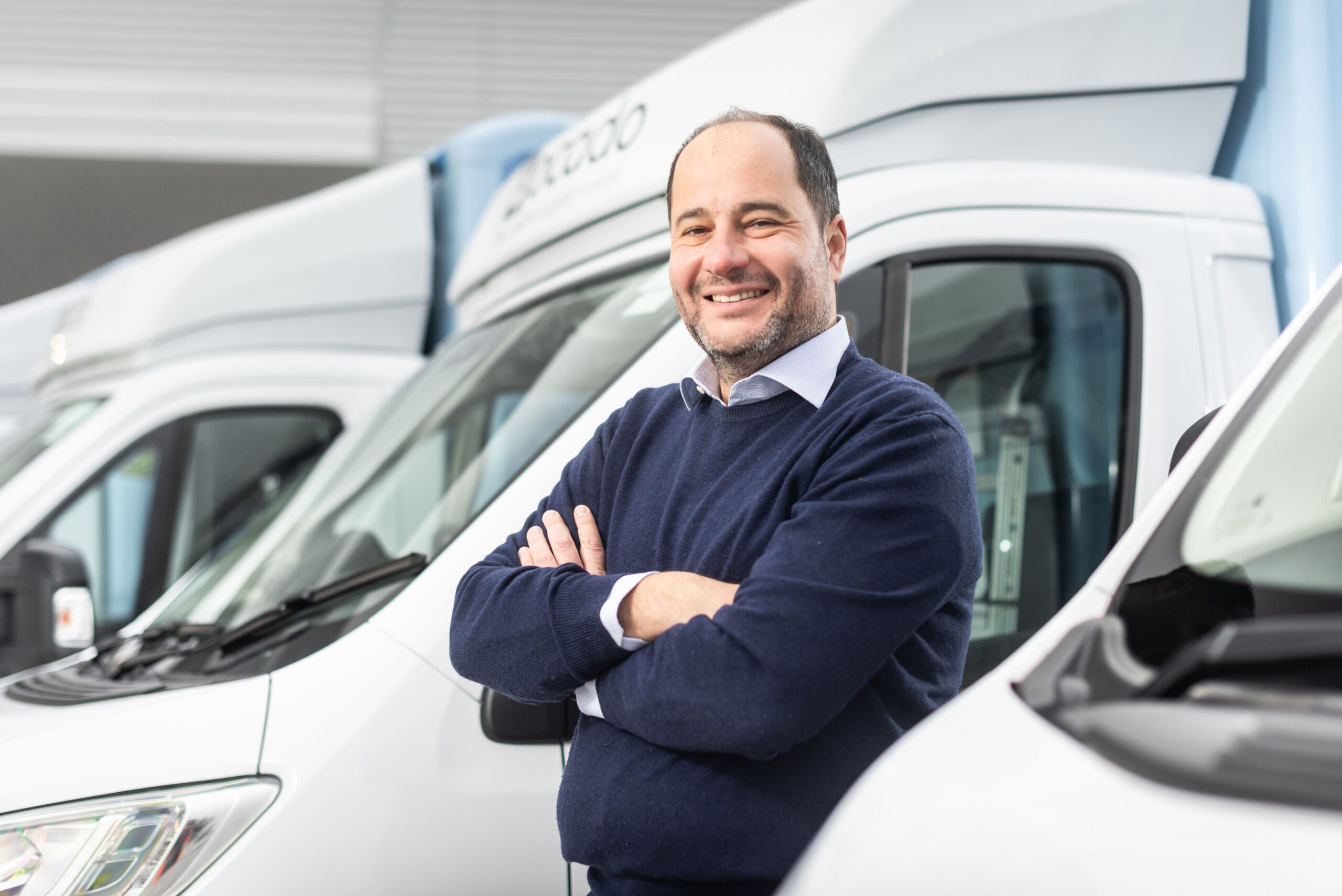Vans have now surpassed taxis as the largest road source of nitrogen oxides (NOx) in central London, according to new data* – and support for electric solutions is urgently needed, says BEDEO, a UK-based pioneer in large van electrification and retrofit technology.
Analysis of the London Atmospheric Emissions Inventory (LAEI) reveals that vans emitted 108 tonnes of NOx in 2022, compared with 78 tonnes from taxis and 60 tonnes from cars. NOx contributes to nitrogen dioxide (NO₂), a gas linked to asthma attacks and reduced lung growth in children, with London continuing to breach both UK legal limits and stricter World Health Organization guidelines.
The think tank Clean Cities, which analysed the data, has called on the Mayor of London to offer 100 per cent Congestion Charge discounts for electric vans run by small businesses and charities to accelerate the switch away from diesel. Almost 100 organisations have written to City Hall urging more support for smaller operators to transition to cleaner vehicles*.
City Hall reports that van emissions in central London fell by 14 per cent between 2019 and 2022, and overall road transport NOx across the Capital is down 52 per cent since 2016. In contrast, taxi emissions have dramatically dropped following widespread fleet electrification, illustrating how rapid change is possible when incentives and infrastructure align. However, BEDEO warns it’s still not enough when so many zero-emission van alternatives are available, including the company’s own retrofit solution.
“Vans are essential to London’s economy, but they are now the city’s top source of NOx,” says Osman Boyner, Founder and CEO of BEDEO. “We cannot let these emissions undermine public health. Supporting the electrification of vans – including retrofitting existing diesel fleets – is a critical step to cleaner, safer streets. In the era of last-mile deliveries and next-day drop-offs, vans are a lifeline to many; however, they are proving to also be causing life-altering emissions in the short term.”
BEDEO’s retrofit programme, including the RE-100 Range Extender, allows businesses to convert existing diesel vans to fully electric vehicles, offering a cost-effective and rapid route to zero-emission operation without the need to purchase new vehicles. The retrofit technology preserves performance and payload capacity while eliminating tailpipe emissions, providing small businesses and charities with a practical way to meet environmental targets with their existing vans, versus buying brand new.
The LAEI analysis forecasts that vans will remain the largest road contributor to NOx in central London by 2030 unless more operators switch to electric. BEDEO is urging businesses, fleets and policymakers to act now to protect public health and support the Capital’s journey towards cleaner air.
BEDEO, a UK-based pioneer in large van electrification and retrofit technology, has previously issued a direct appeal to the UK Government, warning that the large van sector may fall dangerously short of the UK’s ZEV and net-zero targets without urgent intervention, with this latest report highlighting its importance further, and underscoring the urgency of action.
For further information or to discuss BEDEO’s retrofit solutions, please visit bedeo.tech.
